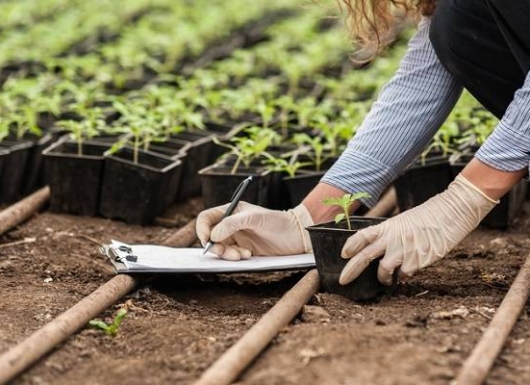Submitter: ICAR

Methods
Vegan Leather Market size is estimated to reach $204 million by 2030, growing at a CAGR of 11.4% during the forecast period 2023-2030. A robust rise in the vegan population across the globe coupled with an increasing demand for cruelty-free and climate-friendly products by consumers
Technology has been commercialised with Parna Creation Private Limited. They have launched a new start-up named “Parna Creation Pvt. Ltd” in Shivamogga, Karnataka to manufacture fibre based biodegradable leather alternative using natural fibres obtained from locally available resource areca nut shells and also from pineapple, cotton, viscose and sisal fibres.
Other partners contacted for adopting vegan leather technology
Interest shown by industries for commercialisation and plant set up abroad
Deputy Director General (Agril Engineering), ICAR, New Delhi
Email: ddgengg@icar.org.in
The Director, ICAR-National Institute of Natural Fibre Engineering & Technology, 12, Regent Park, Kolkata-700040, India;
email: nirjaftdirectorcell13@gmail.com